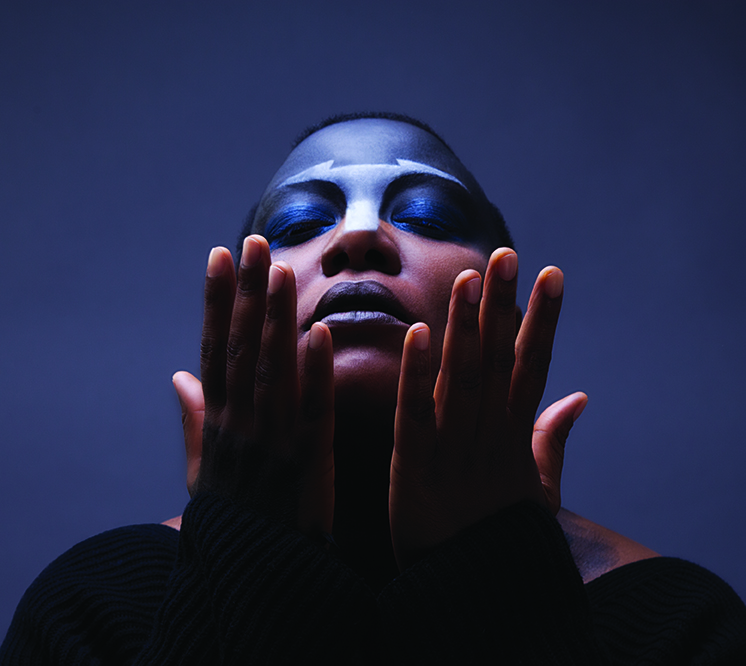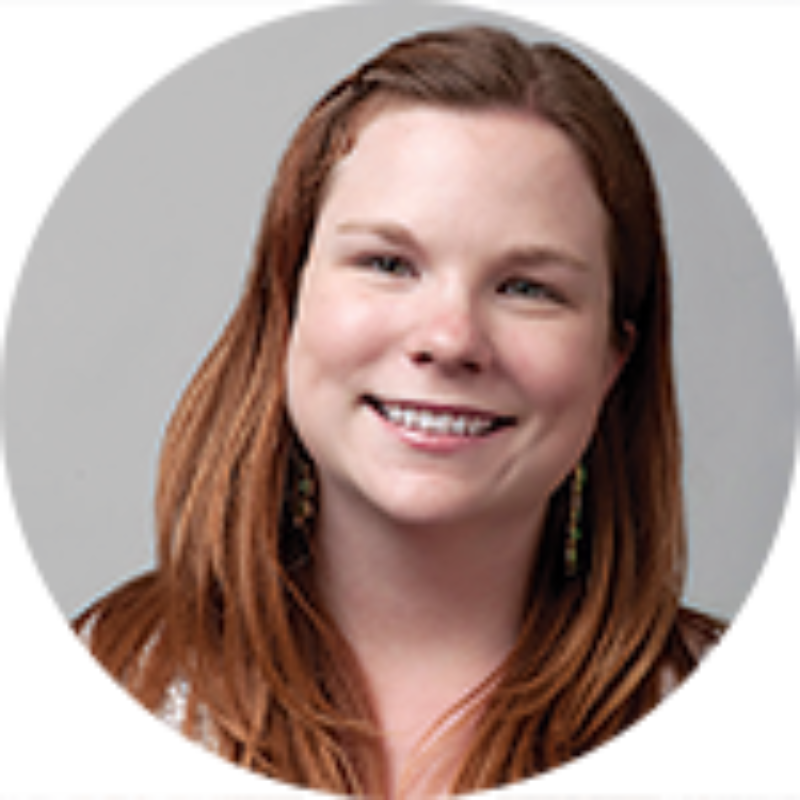
I first interviewed Meshell Ndegeocello at the Lilith Fair in 1998. As we talked outside her tour bus, her young son shot baskets on a portable hoop. Reminded of that day during a talk earlier this week, Ndegeocello laughs and says her son is now 25 years old and has traded the basketball for a hockey stick. Knowing his mom, it isn’t surprising to hear he’d moved on to something else.
Ndegeocello exhibits the sort of restless creativity that makes each of her albums a unique and utterly satisfying listen—from the reggae soul of 2003’s Comfort Woman to her brand new release, Comet, Come to Me. During our talk, she spoke about the new record and tour, which includes a June 4th stop at Baltimore Soundstage.
You came up in the DC go-go scene, right?
That was the music that influenced me the most at that point in my life. It’s powerful music, but it never took hold across the country, and I think it can only thrive in that region for some reason.
I saw Rare Essence last summer, and they’re still amazing.
Maybe I’ll see if there’s something going on while I’m in town. I’ll go online and see.
When we spoke in 1998, you were wishing you could simply earn a living wage, long-term, with a record company. Do you still feel that way?
I sure do. I’d like to just make my music and draw a salary. I don’t need much, and I don’t do this for glory grabs. I just want to be playing with other musicians, trying to get better, and challenging myself.
You certainly seem committed to that, which doesn’t always translate to robust commercial success.
I’m not very good at being part of the zeitgeist, though I admire people who can put themselves in a specific genre and stick to it. That is a gift, as well. It’s difficult to satisfy an audience’s expectations, and, when you do something different every time, you don’t know if the audience will go with you. I’m lucky in that my fans seem to be as open to new things as I am. So I just try to be sincere about the music I record and play.
At this point, the CDs and vinyl are just calling cards to get people to come to the show. I don’t make money off the records; I make money from touring. It’s not the chitlin’ circuit—maybe the kale circuit.
Those records are pretty great calling cards, especially the new one. What was your approach going into it?
Basically, I’m writing songs all the time, and when the record company gets in touch wondering if I have new material, I’m like, “Yes, I do.” And I’ve been co-writing with people like Chris Connelly from Ministry. I was excited about recording with this group of players: Chris Bruce, Doyle Bramhall, Earl Harvin, Jebin Bruni, My Brightest Diamond…
The record has a deep sound.
I know everyone can record on a laptop these days, but I still like studios. This record was produced by Smoke & Mirrors, which is a production company that a few of us have formed. It includes Doyle and Chris, who are producers, and Toshi Reagon. We’re trying to create great sonic landscapes for great songs by people with heart, people who care about creativity and the craft of songwriting. I’m applying everything that I’ve learned during my career, including the fact that you should not surround yourself with “yes” people. I want to bring artists’ ideas to fruition, not just to the marketplace. You can do both. You know, I’d love to work with Prince in that capacity.
I hear you’re playing old and new material on this tour. What can folks expect?
I’m just trying to give people a great listening experience. If you like to listen to music, hang out and drink with your friends, it’s for you. During the first set, Chris and I are playing older music (off classics like Plantation Lullabies, Bitter, and Cookie). For the second set, we’ll mostly play the new album. It’s the kind of show that reflects what I like about go-go. Even if you don’t know the music, it will still be fun and well executed.
And what about the future?
I’d like to do this over the long term. I want to have a career like Robert Wyatt, Brian Eno, Paul Simon, or David Byrne. I’m not saying I’m the equal of those people, but I’m going to try.
